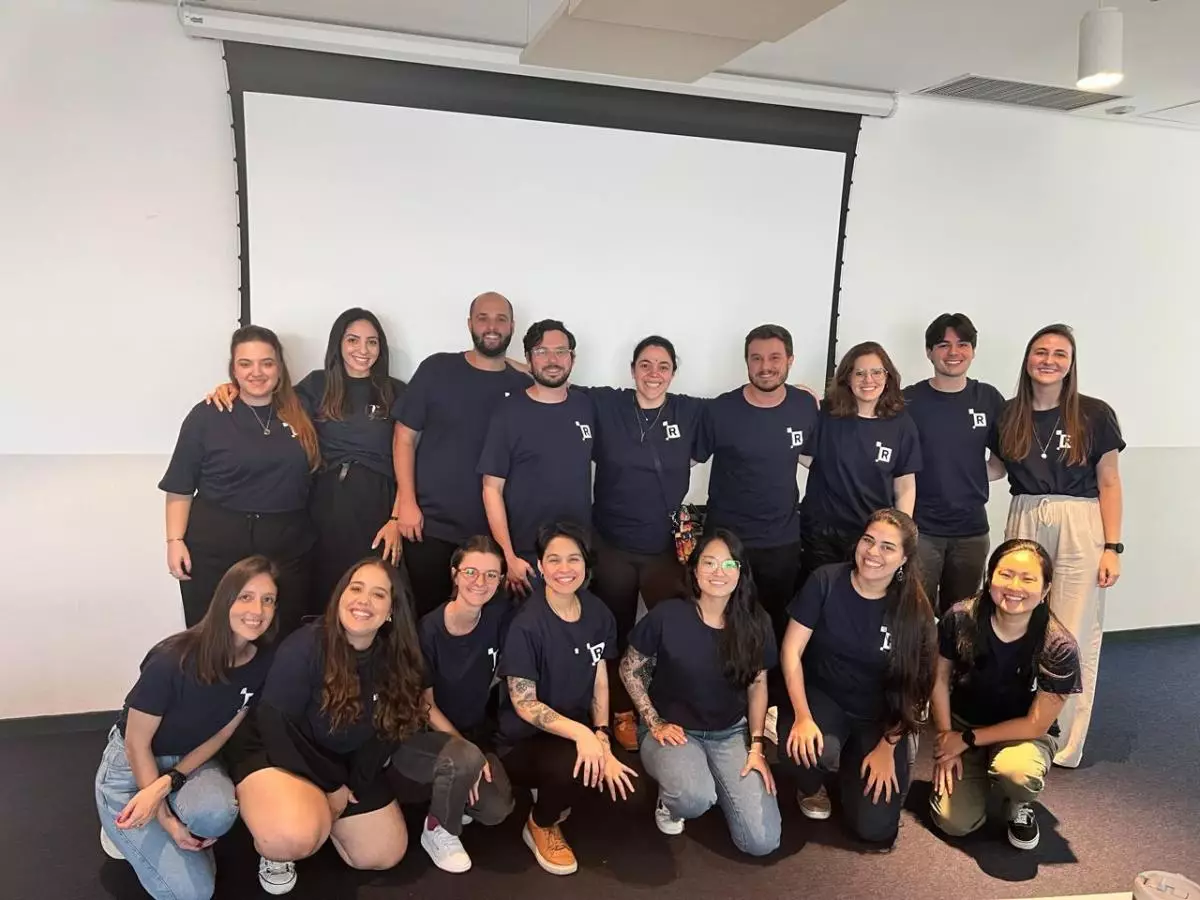In recent times, a remarkable shift has been observed in the tech industry, where companies are actively seeking to harness talent from Latin America. As U.S. companies emphasize in-office work, they paradoxically see immense value in hiring Latin American developers to fuel their AI ambitions. This dual approach reflects not only a calculated response to localized workforce needs but also signifies a broader trend: the increasing globalization of tech talent. Revelo, a tech startup designed to connect U.S. companies with vetted Latin American developers, exemplifies this evolution, raking in a notable percentage of revenue from post-training Large Language Model (LLM) engineering.
Lucas Mendes, the co-founder and CEO of Revelo, has observed a substantial surge in demand for engineers skilled in LLM training. Such a trend isn’t merely a statistic; it embodies the necessity for companies to refine their AI technologies for specific high-value tasks, notably in coding. The competition to secure expert human data has intensified, as these AI systems require precise training to enhance their performance in targeted applications. If tech companies want to develop robust solutions, they must invest in people who not only understand the necessary languages but also possess regional insights inherent to their teams.
The Financial Landscape of AI Talent Acquisition
The financial implications of this shift are substantial. Revelo has reported that LLM-related hires accounted for an impressive 22% of its revenue in 2024 alone. This influx of revenue illustrates not just a growing demand but also a changing landscape where companies increasingly recognize the value of investing in regional talent pools. Rather than exclusively seeking out local hires or outsourcing to traditionally cheaper markets, businesses are now seeking a “nearshoring” approach, allowing them to leverage the cost-effectiveness of Latin American developers while also benefiting from proximity in terms of time zones and cultural factors.
What stands out in Mendes’s perspective is the notion that companies leveraging Latin American talent are making strategic decisions based on quality rather than merely cost. The pandemic catalyzed this transformation, prompting companies that previously resisted remote work to reconsider their hiring frameworks. Revelo’s expansion into broader Latin America post-COVID is a clear move aligned with these changing dynamics. When U.S. firms began hiring Latin American talent, they quickly realized the potential value of these engineers, leading to an increase in requests for specialized skills.
Competition and Innovation in the Tech Talent Space
Revelo isn’t alone in this endeavor; competitors like Terminal, Tecla, and Near also aim to bridge the gap between U.S. firms and Latin American programmers. The heightened competition in connecting companies with talent underscores a significant trend: the pursuit of skilled developers in Latin America is becoming increasingly prioritized. As firms recognize the potential of this untapped market, companies like Revelo are rapidly scaling, having acquired several rivals in recent years to solidify their market presence.
Mendes has articulated a bold vision for Revelo, emphasizing the role of the company in creating a “global talent backbone” for the AI age. This endeavor suggests that we are on the cusp of a major transformation in the tech recruitment landscape, where seeking talent from Latin America is not merely an option but an integral strategy for growth. As Revelo continues to evolve, acquiring firms like Alto and Paretisa strengthens its capability to deliver world-class talent to U.S. companies eager to innovate.
Resilience Amid Changing Work Dynamics
Interestingly, even as many tech firms are nudging towards the re-establishment of in-person work, Revelo has defied the trend, maintaining steady growth within its operations. This phenomenon challenges the narrative that remote work is waning. Mendes humorously acknowledges that his company may contradict the prevailing buzz; however, the demand from U.S. companies for Latin American talent remains unwavering. A crucial factor in this equation is the geographical and temporal alignment of these developers with their U.S.-based clients—making collaboration not only feasible but efficient.
The concept of nearshoring provides a pragmatic solution to the challenges posed by remote work. By employing developers who operate within similar time zones, companies can tackle projects swiftly and dynamically. As organizations navigate the complexities of the evolving workplace, Latin American programmers are uniquely positioned to bridge gaps between tech innovation and immediate business needs.
The wave of interest in Latin American tech talent marks a significant paradigm shift in the globalization of the workforce. Companies that recognize and harness this potential are not just hiring programmers; they are investing in the future of technology development itself. The AI revolution is unfolding, and the role of skilled developers from Latin America is undeniably pivotal. This evolving narrative highlights a fascinating chapter in the tech industry’s history—one defined by globalization, innovation, and resilience.

